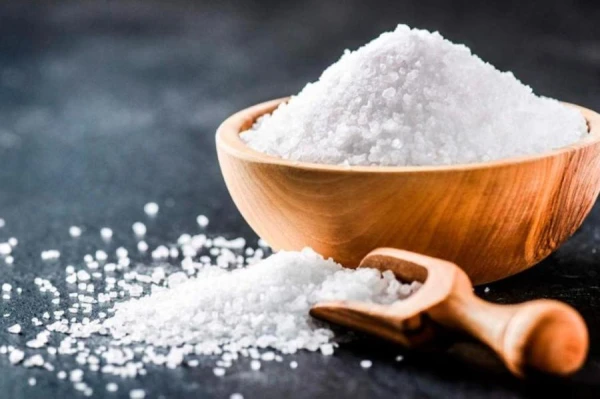
Yes.
Salt, for example, plays an important role in regulating fluid circulation in the body, is responsible for thinning the blood, lymph, and removing carbon dioxide.
It also helps maintain energy metabolism in cells and is a source of hydrochloric acid in the stomach, without which digestion is impossible.
As epidemiologist Darya POLIKARPOVA explains: “The main danger comes from sodium contained in salt. However, in moderate amounts, it is necessary for health (it binds water, participates in muscle contraction and hormone secretion). The problem is that most people consume twice as much salt as recommended by the World Health Organization, which increases the risk of cardiovascular diseases and strokes.”













